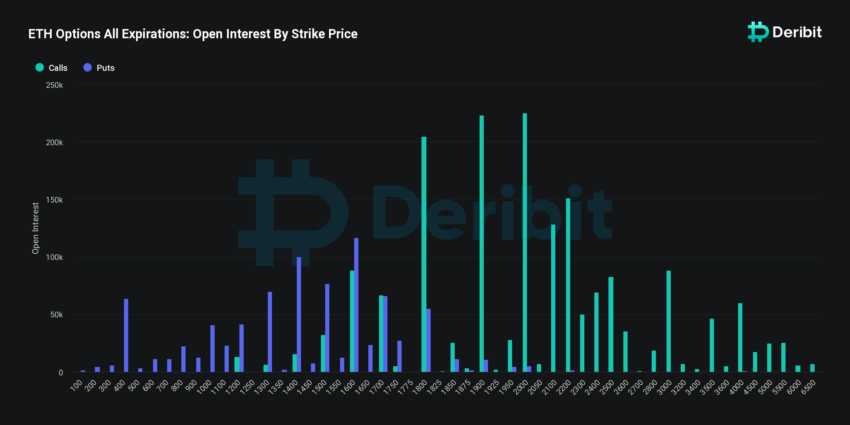SEC charges crypto companies for offering unregistered securities

The Securities and Exchange Commission on Thursday accused cryptocurrency lender Genesis Global Capital and cryptocurrency exchange Gemini Trust of offering unregistered securities through a program that promised investors high interest rates on deposits.
The SEC said Genesis, a subsidiary of Digital Currency Group, and Gemini, run by Tyler and Cameron Winklevoss, had collected billions of dollars of assets from hundreds of thousands of investors without registering the program, which was called Gemini Earn.
In doing so, Genesis and Gemini “circumvented disclosure requirements designed to protect investors,” SEC Chairman Gary Gensler said in a statement. He added that the charges should “make clear to the market and investors that crypto-lending platforms and other intermediaries must comply with our time-tested securities laws.”
Genesis later froze withdrawals. About 340,000 Earn customers are out of about $900 million in crypto assets, the SEC said.
Genesis did not immediately respond to a request for comment. In a chirpingTyler Winklevoss said it was “disappointing” that the agency acted while Gemini and other creditors were working together to recover funds.
The SEC’s action against Genesis and Gemini is part of the fallout from the cryptocurrency markets that collapsed last year. A crash in the prices of cryptocurrencies like Bitcoin last spring led to a domino effect, with crypto hedge funds like Three Arrows Capital and other crypto companies declaring bankruptcy. In November, FTX, a major cryptocurrency exchange run by entrepreneur Sam Bankman-Fried, also collapsed following the crypto equivalent of a bank run.
In the wake of these failures, regulatory scrutiny of crypto companies has increased.
In its complaint on Thursday, the SEC said Genesis colluded with Gemini in the program that allowed customers to earn high interest rates on assets they lent to Genesis. Gemini facilitated the transactions, the SEC said, by pooling customer funds and transferring them to Genesis. In return, Gemini deducted an agency fee as high as nearly 4.3 percent from the returns that Genesis paid to Gemini Earn investors.
Both companies, along with Genesis’ parent company, DCG, had much to gain from the endeavor, the SEC said. Genesis loaned about $575 million in crypto — some belonging to Gemini Earn investors — to DCG, according to the complaint.
After FTX imploded in November, Genesis froze withdrawals, leaving Gemini Earn customers stranded, according to the complaint.
Gemini has recently unsuccessfully negotiated with Genesis and DCG for the release of Earn Customer Resources. Negotiations have stalled in recent weeks, with the Winklevosses public prosecutor DCG to stop to keep funds belonging to customers.
The Winklevosses said DCG and Genesis misrepresented financial information and mischaracterized the value of the company’s assets to give the impression that Genesis was in better health than it was. DCG’s founder and chief executive, Barry Silbert, disputed the claims in a letter to shareholders this week.
Gemini Earn is not the first crypto lending program that the SEC has cracked down on. Last year, the agency reached a $100 million settlement with now-bankrupt crypto lender BlockFi. In 2021, the agency also blocked the crypto exchange Coinbase, which abandoned its plans to launch a yield product.
In June, the Commodity Futures Trading Commission filed a civil suit against Gemini alleging that the crypto firm misled regulators in 2017 about plans for a Bitcoin futures product. The CFTC said Gemini “made false or misleading” statements during the regulatory process for the bitcoin futures product.
Some Earn customers have filed arbitration cases against Gemini for their frozen assets, while others lined up for a proposed class action, which was filed in New York federal court last month. The lawsuit, like the SEC’s case, said Earn was an unregistered securities offering and that investors were owed more information about the risks associated with the accounts.
This week, Gemini filed a response to that lawsuit, arguing that it should be directed against Genesis and DCG. Gemini also disclaimed any responsibility for the frozen withdrawals, claiming that customers were technically making a deal with Genesis and not Gemini.
In an interview this week, Tyler Winklevoss said Gemini believed customers could be made whole. “It’s a way to get a deal done that’s a solution for Earn users,” he said.
Matthew Goldstein contributed reporting.

























